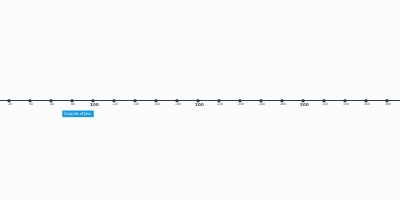Diet of Worms (28 Jan 1521 Jahr – 20 Mai 1521 Jahr)
Beschreibung:
An imperial diet was a formal deliberative assembly of the whole Empire. This one is most memorable for the Edict of Worms (Wormser Edikt), which addressed Martin Luther and the effects of the Protestant Reformation. It was conducted from 28 January to 25 May 1521, with the Emperor Charles V presiding.The Edict of Worms was a decree issued on 25 May 1521 by Emperor Charles V, declaring:
For this reason we forbid anyone from this time forward to dare, either by words or by deeds, to receive, defend, sustain, or favour the said Martin Luther. On the contrary, we want him to be apprehended and punished as a notorious heretic, as he deserves, to be brought personally before us, or to be securely guarded until those who have captured him inform us, whereupon we will order the appropriate manner of proceeding against the said Luther. Those who will help in his capture will be rewarded generously for their good work.
The Papal nuncio at the diet, Girolamo Aleandro, drew up and proposed the denunciations of Luther that were embodied in the Edict of Worms, promulgated on 26 May. The Edict declared Luther to be an obstinate heretic and banned the reading or possession of his writings.
It was the culmination of an ongoing struggle between Martin Luther and the Catholic Church over reform, especially in practice of donations for indulgences. However, there were other deeper issues that revolved around both theological concerns:
On a theological level, Luther had challenged the absolute authority of the Pope over the Church by maintaining that the doctrine of indulgences, as authorized and taught by the Pope, was wrong.[7]
Luther maintained that salvation was by faith alone (sola fide) without reference to good works, alms, penance, or the Church's sacraments. Luther maintained that the sacraments were a "means of grace," meaning that while grace was imparted through the Sacraments, the credit for the action belonged to God and not to the individual.[8]
He had also challenged the authority of the Church by maintaining that all doctrines and dogmata of the Church not found in Scripture should be discarded (sola scriptura).
To protect the authority of the Pope and the Church, as well as to maintain the doctrine of indulgences, ecclesiastical officials convinced Charles V that Luther was a threat and persuaded him to authorize his condemnation by the Holy Roman Empire. Luther escaped arrest and remained in seclusion at Wartburg castle for several months where he continued to write and translate the New Testament into German.
Despite the agreement that he could return home safely, it was privately understood that Luther would soon be arrested and punished. To protect him from this fate, Prince Frederick seized him on his way home and hid him in Wartburg Castle. It was during his time in the Wartburg that Luther began his German translation of the Bible. Martin Luther's powerful testimony of faith at the Diet of Worms in 1521 made an indelible impression upon the mind of George, Margrave of Brandenburg-Ansbach, who turned his eyes to the new faith earlier than any other German prince or any other member of the House of Hohenzollern. Moreover, Luther entered into correspondence with him, discussing with him the most important problems of faith. The edict was temporarily suspended at the Diet of Speyer 1526 but then reinstated in 1529.
Zugefügt zum Band der Zeit:
Datum:
28 Jan 1521 Jahr
20 Mai 1521 Jahr
~ 3 months and 22 days
